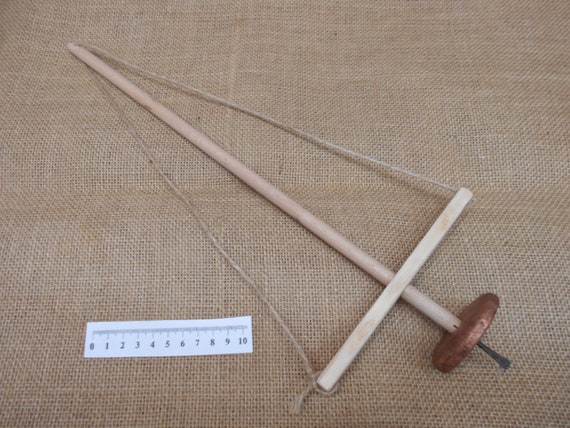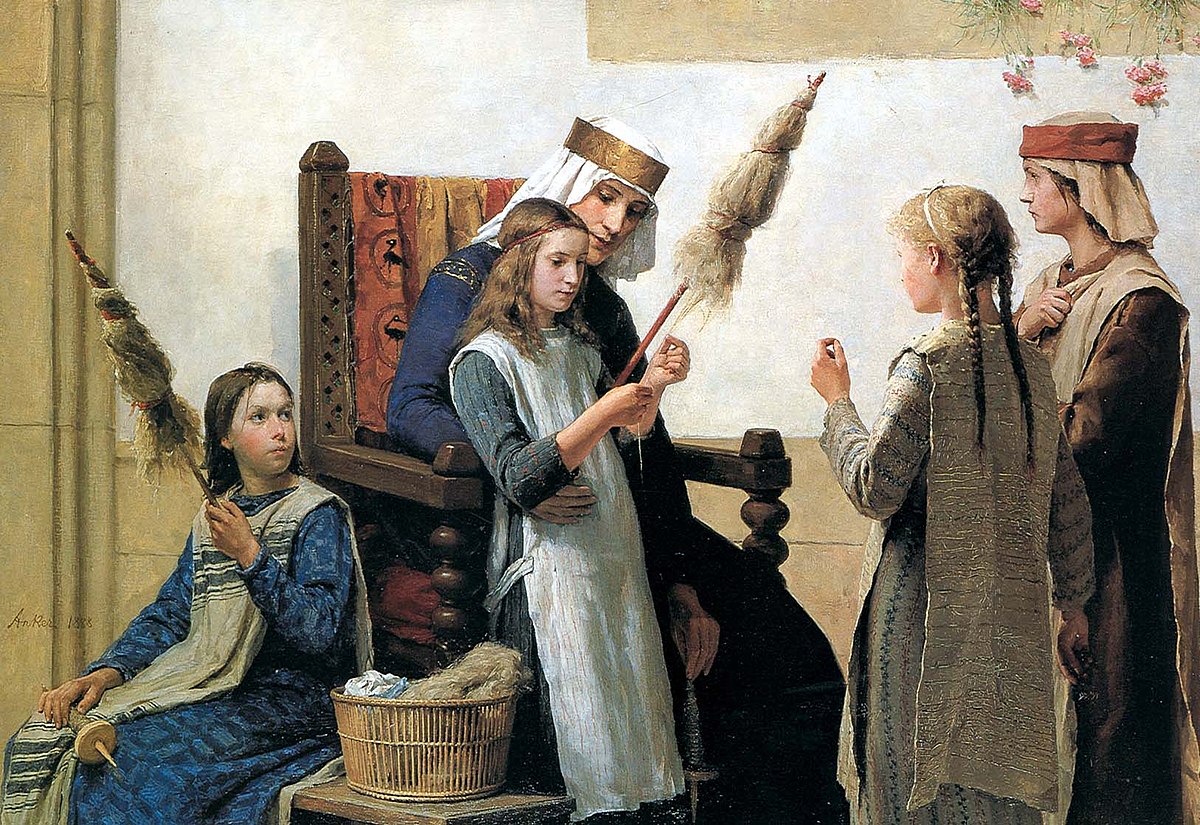So, there are a number of early methods of fire generation that don't involve spindles, including fire boards and flint (which can be struck without metal, it's just more difficult).
And, of course, fire is not the necessity to Elves that it is to humans.
Was Legolas asked to try małe the fire at Carathras? Do not remember this?
I think more in behavioral inventions:
counting 1-2-3 to sychronise actions among a group, counting steps to reach a location at might, using poems repeated several times for the same reason or to make sure sometimes is cookied or baked ready.
Being content when sometimes just works but far from perfect, placing functionality over beauty/aestetics, categorising and subcategorising everything possibile, even peoples characters and kinds of actions. Roleplaying an action on advance, training an action on advance. Reconstructing a past action from clues, making assuptions about other's motives, questioning oneself's motives.
Using methaphors is every day speach, comparing everything to everything, prioritising at any action, geting bored fast with anything, a love for briefness and simplicity in speach, especially under duress (elves can be brief too, but much more seldom).
Citing references of old sayings of important sages as arguments in a discussion, mistrusting one's own intuition, talking to oneself to remind oneself of someting or when doing someting difficult when no one is around, dividing actions and processes on simple units/steps in steps to remember, labour division in mass production, making and selling and carrying half-ready made things for later postproduction/completion, involving in messy, toilsome/stinky and distructive processes which have nothing artistic about them Luke making wood tar, retting plants or making dyes (actually chemistry). Breaking thinks to understand them.
Deconstruting and overanalysing anything - even an elvish song asking questions like, Why? How? How long? What for? How does that even make any sense? Was he stupid? ;-)
Thinking in generations - starting someting for someone else to finish, carrying on/finishing someting someone else has started.
And team sports with taking scores, not just for fun, and singing in canons, everything that requires time sychronisation in a group, where the group and learning and training to act as one unit is more important the the individial achievement or the artistic outcome. (But here the most surprising things for elves would be the relative shortness of the songs and the repetitive elements in them).
I think also on thinking someting a part of a whole, beyond such basics like half, or a quater.
Like 3 ouf of 10, or 5 out of a 100. Also thinking in propabilities, adding a margin of error, having a backup plan, double and triple-checking things, asking others to check your work to make sure it is done right (elves are not prone to mistakes in making things, and each thing is for them also an artistic expression of the author. Being asked to double check someting by a human when not in a teacher-pupil relationship would let them puzzled imho at its first occurence.)
Impatience with "pointless" things and actions.
Physical inventions:
Stamps, roll stamps, repetitive patterns using the exact same element/pattern over and over again. Making pots or set of pots with the same pattern combination as before. Using a certain design for a time when its fashionable, dismissing it, even when liked by oneself, when it is "out of fashion". Copying designs of others exactly when they are fashionable.
I could imagine scene when an elf comes to visit a friends while the latter is stamping empty yet unfired pots (made by anothet human) and while talking the elf is given a stamps to stamp anothet pot while speaking - so to not waste time -and so he learns to appreciate how creative one actually can get using ready made patterns on a prefabricated pot, not making everything from scratch. And maybe the stamp he is given is the "gemma" (engraved precious stone) that he himself has given a predecessor of said friend as a thankyou gift and for which the man has found a usefull application.

















